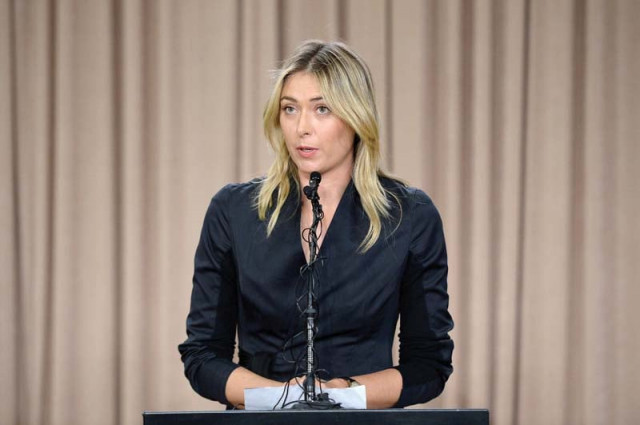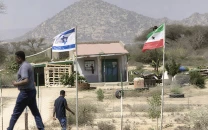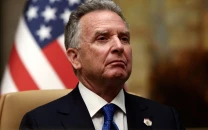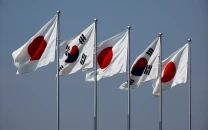UN suspends Sharapova as goodwill ambassador
Sharapova had been a goodwill ambassador for the UN Development Programme for the past nine years

Sharapova had been a goodwill ambassador for the UN Development Programme for the past nine years, and had been active in helping recovery efforts after the 1986 Chernobyl disaster.
Maria Sharapova's positive dope test provokes a flurry of reaction on social media
"The United Nations Development Programme remains grateful to Maria Sharapova for her support of our work, especially around the Chernobyl nuclear disaster recovery," said a spokesperson.
"However, in light of Ms. Sharapova's recent announcement, we last week suspended her role as a Goodwill Ambassador and any planned activities while the investigation continues."
"We wish Ms. Sharapova the best," she added.
Sharapova committed a mistake and she must pay for it: Nadal
Former world number one Sharapova announced last week that she failed a drug test at the Australian Open in January.
Sharapova tested positive for meldonium, which was added to the World Anti-Doping Agency's banned list on January 1.
US sportswear giant Nike, German luxury car maker Porsche and Swiss watchmaker TAG Heuer have all halted their relationship with the former world number one.
Sharapova has made visits to Belarus as goodwill ambassador and donated $100,000 to support youth projects in rural areas that suffer from the after-affects of the Chernobyl nuclear accident.
Russia says repeatedly warned athletes about Sharapova drug
Sharapova's family fled the city of Gomel in Belarus in 1987 after the Chernobyl disaster, moving to Siberia where the tennis star was born.
The family lived in Nyagan, Siberia for two years and then moved to Sochi on the Black Sea where Sharapova took her first tennis lessons.



















COMMENTS
Comments are moderated and generally will be posted if they are on-topic and not abusive.
For more information, please see our Comments FAQ